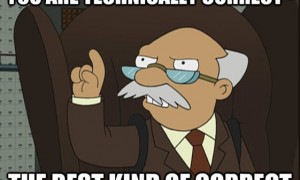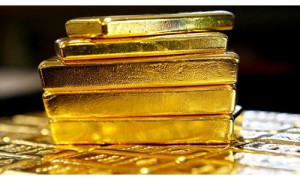Far from a softening of language between Russia and the west - the rhetoric is hardening.
"NATO's policy in regard to Russia remains unfriendly and opaque - one could go as far as to say we have slid back to a New Cold War," said Dmitriy Medvedev, Russian Prime Minister.
Moscow's misgivings are many - but the skies over Syria remain the current focal point for tensions. Russian bombs are still falling - it says on terrorist targets.
Western diplomats insists the majority are moderate opposition groups they want at the negotiating table within days. U.S. Secretary of State John Kerry spoke of a growing sense of fear in the conference hall - that time for a peaceful solution may be running out.
"This is the moment; this is a hinge point. Decisions made in the coming days and weeks, and few months - could end the war in Syria, or it could define a very difficult set of choices for the future," Kerry said.
Both sides here talked of dialogue - NATO Secretary General Jens Stoltenberg suggested re-starting the NATO-Russia Council -- suspended two yars ago over the conflict in Ukraine.
But the mood here is darker - even than just 24 hours ago.
It seems extraordinary that anyone might make comparisons with 1962 - the year of the Cuban Missile Crisis.But it's been mentioned on more than one occasion here.There are clearly moves to improve channels of communication between Moscow and NATO countries - but is it to thaw relations or simply to better manage a more permanent state of tension.







